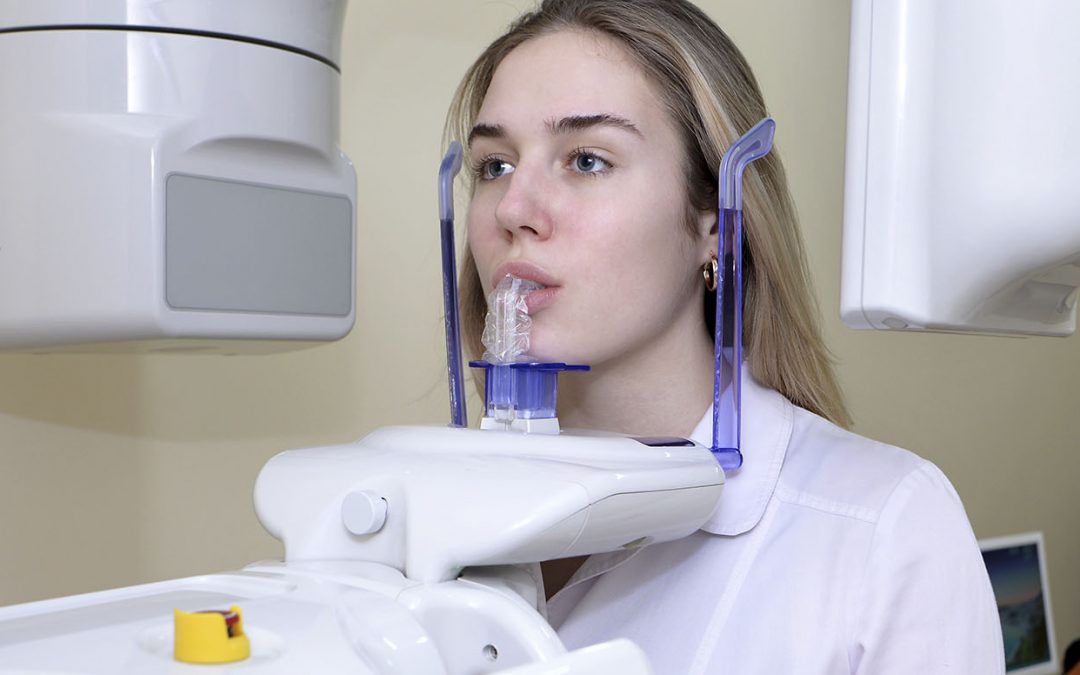ASTM F2459 Extractables Testing of Dental Polymers
The ASTM F2459 standard is a critical component in ensuring the safety and reliability of dental polymers used in medical devices. This testing method assesses the potential release of extractable substances from these materials under various conditions that mimic real-world scenarios, such as storage or use within the oral cavity.
Understanding the extractables present in dental polymers is essential to prevent adverse reactions in patients and ensure long-term device performance. Extractables can include a wide range of compounds, including monomers, initiators, stabilizers, antioxidants, pigments, and other additives that may be used during polymer synthesis or processing.
The testing process involves submersing the dental polymer specimen in water or another appropriate solvent at specific temperatures for defined durations. The extracted substances are then analyzed using a combination of spectroscopic methods (e.g., HPLC, GC-MS) to identify and quantify all detectable compounds.
This level of analysis is crucial because even trace amounts of certain extractables can lead to harmful effects on patient health or compromise device integrity over time. Compliance with ASTM F2459 helps manufacturers meet regulatory requirements set by agencies like the FDA, ensuring that their products are safe for clinical use.
Our lab specializes in performing this rigorous testing according to industry standards and guidelines. With state-of-the-art facilities equipped with advanced analytical instruments capable of detecting minute concentrations of extractables, we offer accurate results tailored specifically to your product specifications.
We understand the importance of delivering timely reports that not only meet but exceed expectations regarding compliance with ASTM F2459. Our team works closely with clients throughout every stage of testing—from initial consultation through final report generation—to ensure seamless communication and satisfaction.
Why It Matters
The significance of ASTM F2459 cannot be overstated when it comes to dental polymer safety. By identifying potential harmful substances early in the development process, manufacturers can make informed decisions about material selection and formulation adjustments before moving forward with clinical trials or product launches.
Moreover, adherence to these stringent testing protocols demonstrates a commitment to patient safety and quality assurance—a key factor in gaining trust among healthcare providers and consumers alike. Non-compliance could result in recalls, legal actions, and damage to brand reputation.
In addition to safeguarding public health, rigorous extractables testing also protects manufacturers by reducing liability risks associated with adverse events linked to product failures or unintended side effects due to leachable contaminants.
Quality and Reliability Assurance
Implementing ASTM F2459 into your quality control processes ensures that all dental polymer materials meet the highest standards for safety and reliability. This approach provides assurance both internally within your organization and externally to stakeholders such as regulatory bodies, third-party auditors, and end users.
The consistent application of this standard helps maintain a high level of consistency across batches produced by different manufacturers or suppliers. It also supports continuous improvement efforts aimed at enhancing product performance while minimizing environmental impact.
By incorporating ASTM F2459 into your overall quality management system (QMS), you can demonstrate compliance with applicable regulations and standards, thereby fostering trust among key stakeholders and potentially expanding market access to international markets that require specific certification for dental devices.
International Acceptance and Recognition
- The ASTM F2459 standard is widely recognized across Europe through the European Union's conformity assessment procedures, particularly in directives related to medical devices (MDR).
- In Asia-Pacific regions, compliance with this standard can facilitate smoother market entry into countries like Japan and South Korea where stringent quality controls are enforced.
- The United States Food and Drug Administration (FDA) also accepts results generated from ASTM F2459-compliant tests as part of premarket submissions for dental implants and other similar products.
Given its global acceptance, ensuring your dental polymer extracts meet the stringent requirements outlined in ASTM F2459 is crucial not only domestically but internationally as well. This can significantly impact your ability to penetrate new markets or maintain existing ones.





